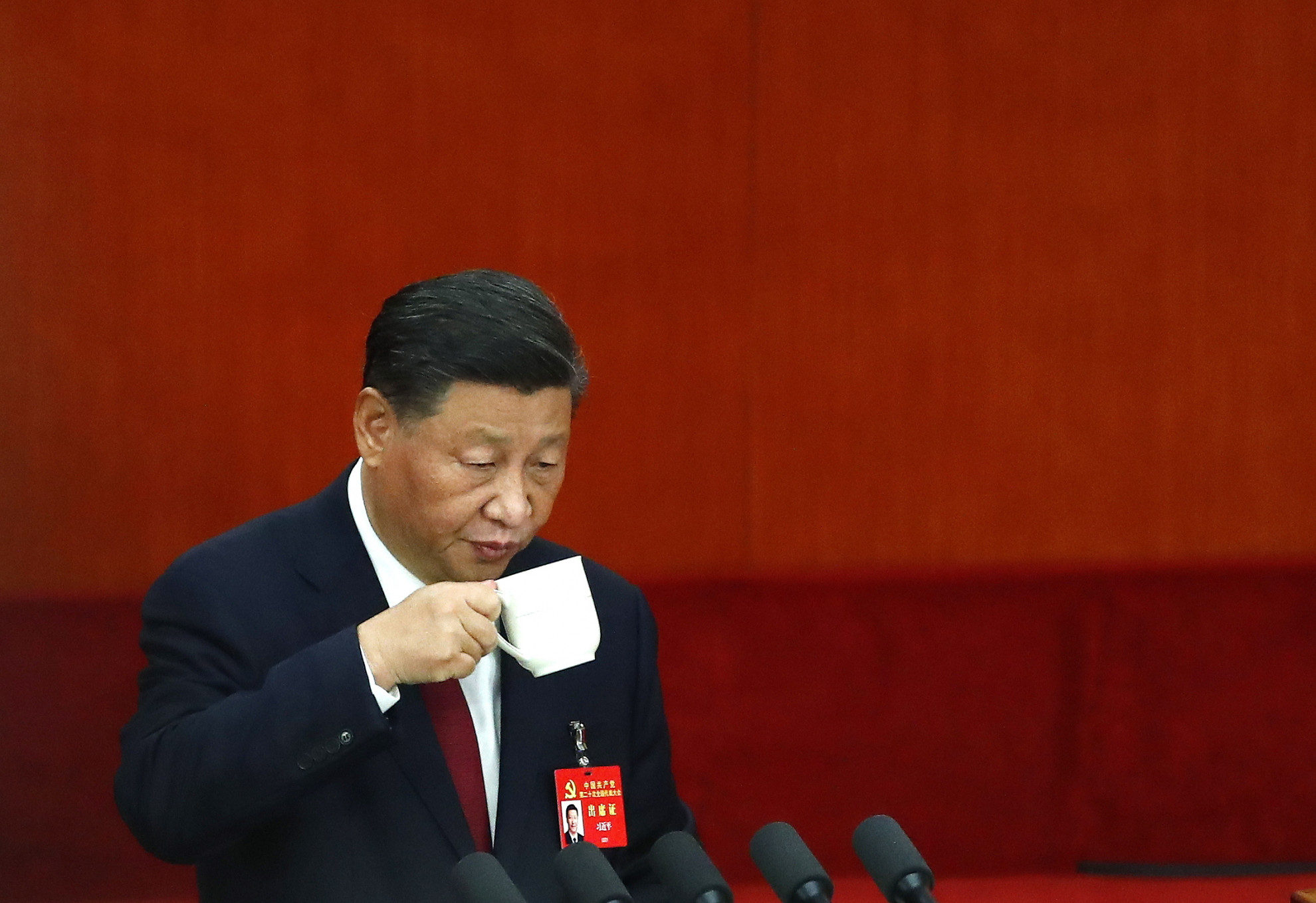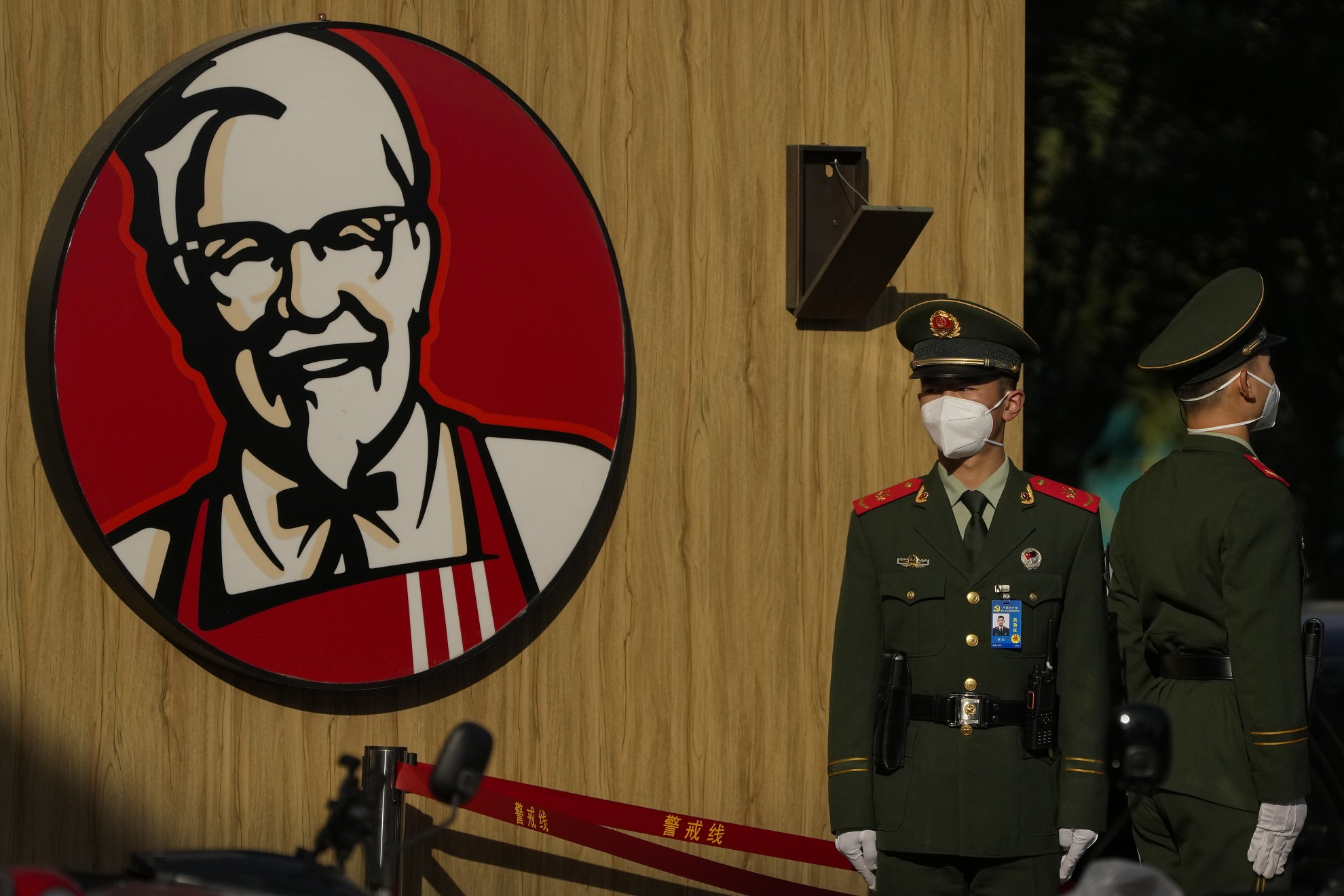It cannot be said that all dictatorships – despite having in common the single party and the iron occupation of the state – are equal. But beyond the historical diversity of the nations they dominate, differentiated tactics and non-comparable economic models, they have a common strategic purpose: to maintain power with the force of repression, to prevent the collapse of their model, to perpetuate it if necessary. by any means possible.
Thus, while in Moscow Vladimir Putin tries to sprinkle society with the recovery of imperial-traditional-religious ‘values’ and distributes to his collaborators the texts of the philosophers who theorized the specificity and uniqueness of the ‘spirituality of Russia’ in contrast to the ‘demonic’ West, in Beijing Xi Jinping – despite being able to count on the traditional Confucian culture of the obedience of the subjects – is concerned that China will not end up like the USSR, crumbling under the weight of its contradictions and errors considered fatal . First of all, that of not calling into question the role and existence of the Communist Party, as did Gorbachev and Yeltsin. “East, west, south, north and center, the party leads everything” is one of his favorite slogans, as the Economist points out. Which reveals: “In recent months, Chinese officials have been forced to watch ‘yet another’ film about the collapse of the Soviet Union.”
Soldiers and KFC (Keystone)
This is also the key to reading the Twentieth Congress of the Chinese Communist Party, inaugurated yesterday, and which at the end of the week will crown Xi with a third term at the helm (political and military) of the Asian giant. What has never happened since the time of Mao. Another five-year mandate, which will consolidate the Chinese leader’s imperial posture and substance. Not that the crystallization of Chinese power precludes debates, confrontations and even ferocious clashes within it. Xi Jinping has built his rise in a sort of ‘long march’, with which he unceremoniously got rid of many rivals, moving on the ideological keyboard of the various internal positions, recovering even small doses of Maoism, maintaining control over the mix between state and private economy, while holding the bar on that program of “shared prosperity” which (unlike Putinian Russia) has allowed China to conquer the position of ‘systemic challenger’ of the United States, favoring the growth of a middle class: the average annual income is 4,200 francs, but the same party acknowledges that almost half of the population lives on 140 francs a month.
Yet, Jinping’s ‘leap forward’ in the conquest of absolute power coincides with one of the most problematic phases on an economic and social level. The Bank of China itself makes very negative forecasts: growth blocked at 3% (very far from pre-pandemic records), rising unemployment, the prospect of a much less advantageous globalization, unprecedented collapse of real estate shares, and a gloomy scenario on the international level, with China allied with Putin (to whom, however, Beijing does not deliver weapons) and the need not to lose international markets. A scenario that, also due to the ‘zero Covid’ policy (with prolonged, massive and iron lockdowns throughout the country), has caused unprecedented protests and evident fractures with non-small parts of the population. There is no shortage of unknowns and problems in the probable future ’emperor for life’.

Hi Jinping Sips Tea at Congress (Keystone)

